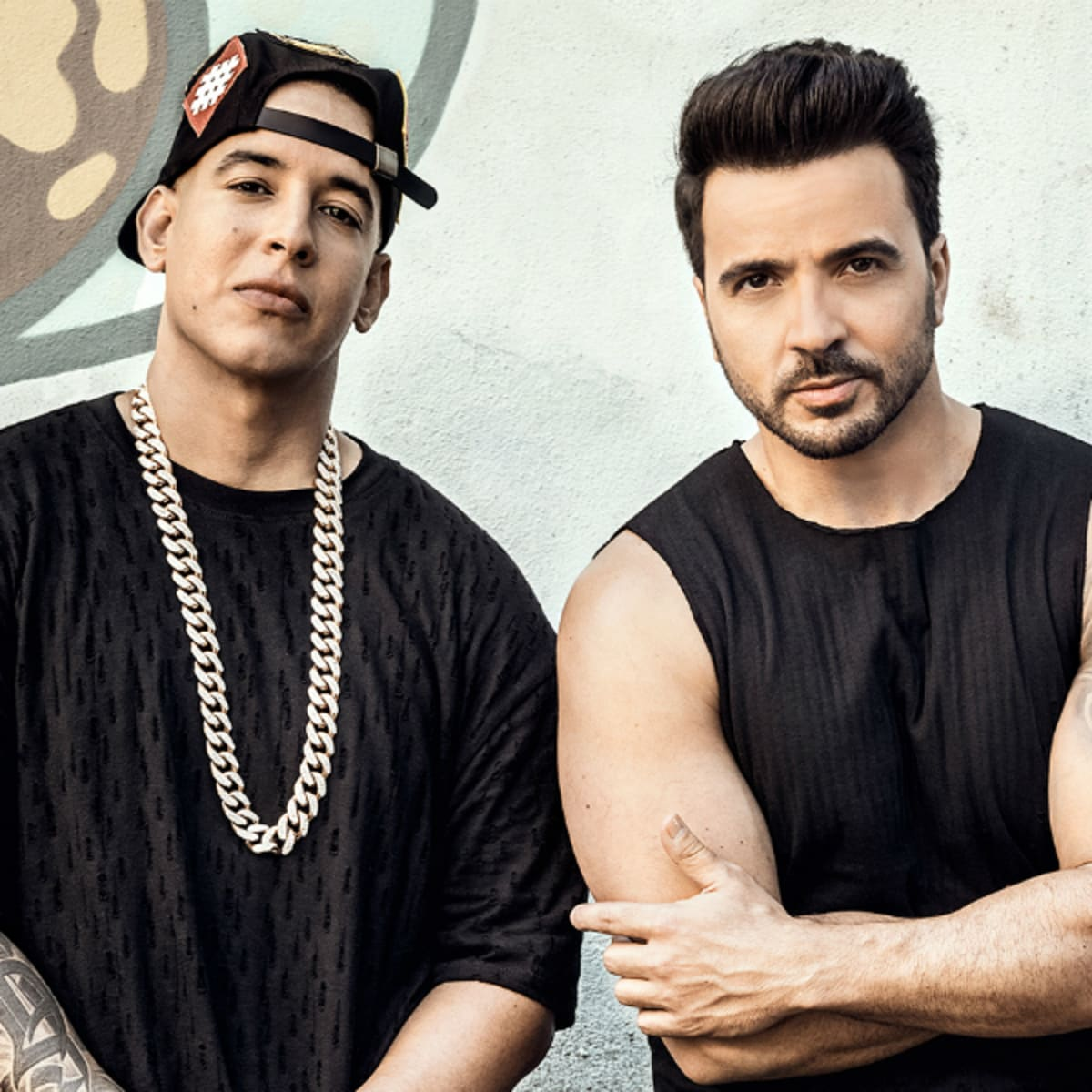Introduction to "Despacito"
Released by Luis Fonsi & Daddy Yankee in 2017, Despacito is a chart-topping hit that redefined the global music scene. This captivating 2010ss song quickly became a cultural phenomenon, sweeping across continents with its infectious rhythm and compelling lyrics.
Cultural & Historical Context of "Despacito"
Despacito not only soared to number one in nearly 50 countries but also became a potent symbol of Latin music's growing influence worldwide. The track effortlessly fuses reggaeton and Latin pop, two genres previously confined largely to Spanish-speaking audiences, portraying the cultural richness and diversity of Puerto Rico, the artists' homeland. Interestingly, this song was the first predominantly Spanish-language song to top the Billboard Hot 100 since "Macarena" in 1996, marking a significant milestone in the crossover of Latin music into mainstream pop.
The Legacy & Relevance of "Despacito"
The cultural impact of Despacito is undeniable, with myriad cover versions popping up worldwide, from a classical rendition by 2Cellos to a Mandarin version by Singaporean singer JJ Lin. This proliferation of covers speaks to the song's universal appeal and its capacity to transcend linguistic and cultural barriers. An interesting fact about the track is that it was initially intended as a cumbia song before evolving into its final reggaeton-pop hybrid version, showcasing the artists' creative flexibility and willingness to experiment with various musical styles. Today, Despacito remains relevant, continuing to amass streams and views on digital platforms, and standing as an enduring testament to the global resonance of Latin music.

Comments (0)